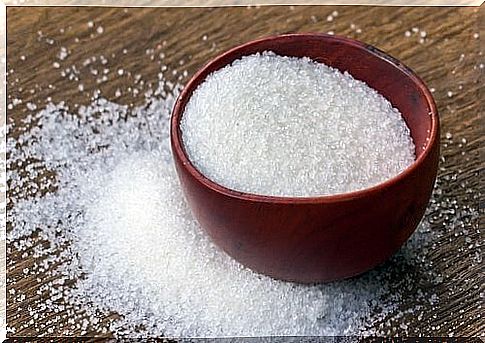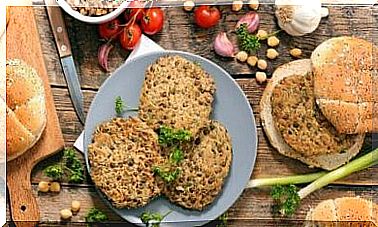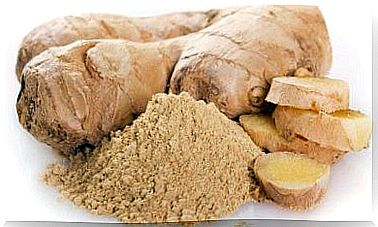Fructose: Reduce It To Lose Weight

Did you know that fructose contributes to weight gain ? Incredible right? When we read an article on how to lose weight easier, we find a multitude of different theories.
However, many say they pay attention to calories, others accuse fat of being the main cause of being overweight. Still others criticize sugar and refined carbohydrates.
Well, if none of these theories convinced you or worked, we will talk about the importance of reducing the consumption of foods rich in fructose to lose weight more easily.
Many theories, no results
What do people on different diets do to lose weight?
Counting calories
This trend is now declining, in fact nutritionists agree that calories have a different effect on our body based on the food we consume.
That is to say, 100 calories of cucumber and 100 calories of industrial confectionery are not the same thing.
Cut down on fats
The same goes for calories; moreover, our body needs healthy fats to perform its functions correctly.
However, we should not eliminate nuts, cold pressed oils (olive, coconut, sesame, flax), avocado, seeds, egg yolk, etc. from our diet.
Eliminate the sugar
Most dieticians and nutritionists agree to eliminate sugar and follow a healthy diet.
However, it may not be a sufficient measure to lose weight.
Eliminate refined carbohydrates
Bread, confectionery products, biscuits, pizza, etc. One of the most effective weight loss diets is to eliminate these products from your diet.
However, the solution is not to abuse animal proteins, as this would trigger a rebound effect, as well as damage to the body.
Who is this theory meant for?
The fructose theory is meant for people who:
- They have already tried various diets that have not worked, or have regained the lost pounds.
- They have a hard time losing weight.
- They eat fruit in abundance.
- Or they want to lose weight in a healthy way, without having to count the heat or eliminate fat from the diet.
What is fructose?

Fructose is the sugar found in fruit and honey, as well as in some vegetables, albeit in smaller quantities.
Fructose is also present in common sugar, along with glucose, as well as in corn and wheat syrup with which many confectionery products, jams, etc. are sweetened.
Additionally, some recent studies have investigated the negative effects of fructose on metabolic health.
In addition, they also studied the relationship with high blood triglyceride levels, abdominal fat accumulation and obesity in general, among many health problems.
As a result, there are many people who have reduced their sugar intake, but who, without knowing it, ingest significant amounts of fructose every day. This could be one of the reasons why they are unable to lose weight or even enjoy good health.
Which foods are rich in fructose?

To follow this healthy weight loss program, we recommend that you eliminate the following fructose-rich foods:
- Packaged drinks and fruit juices
- Sweet and creamy coffee-based drinks, such as frappuccino
- Sweetened breakfast cereals
- Pastries, biscuits and biscuits
- Sweetened ice cream and yogurt
- Jams, sauces and canned fruit
- Honey and syrups
- Alcoholic beverages
- Whole grain bread
On the other hand, we recommend that you minimize the consumption of the following fruits, because they contain significant levels of fructose (the list goes from fruits that contain more fructose to those that contain less):
- Raisins, Medjoul dates and dried figs
- Mango and papaya
- Grapes
- Pear and apple
- Watermelon
- Persimmon
- Blueberries
- Banana
- Fishing
- Pineapple
Fruits low in fructose
You may be wondering: was fruit not healthy? Yes, fruit is rich in vitamins and minerals.
However, if you want to lose weight and are unable to do so despite trying different diets, we recommend that you try this low fructose diet.
You can consume the following fruit varieties (the list ranges from fruits with less fructose to those with more):
- Lemon and lime
- Redberry
- Apricot
- Guava
- Dates variety Deglet noor
- Melon
- Kiwi
- Blackberries
- Cherries
Instead of drinking fruit juices, even if they are homemade, we recommend consuming smoothies that allow you to combine green leafy vegetables with some of these low-fructose fruits.









